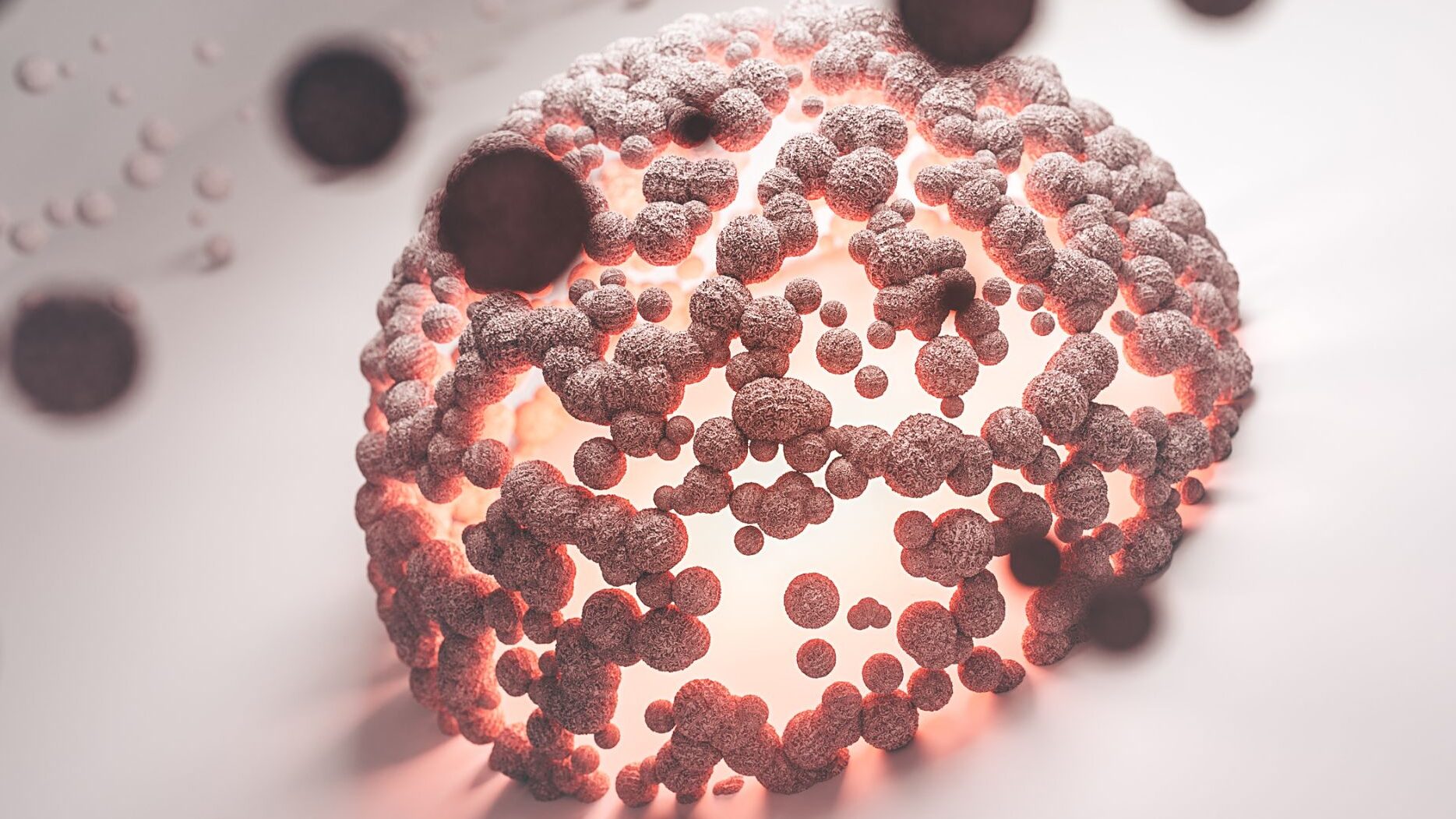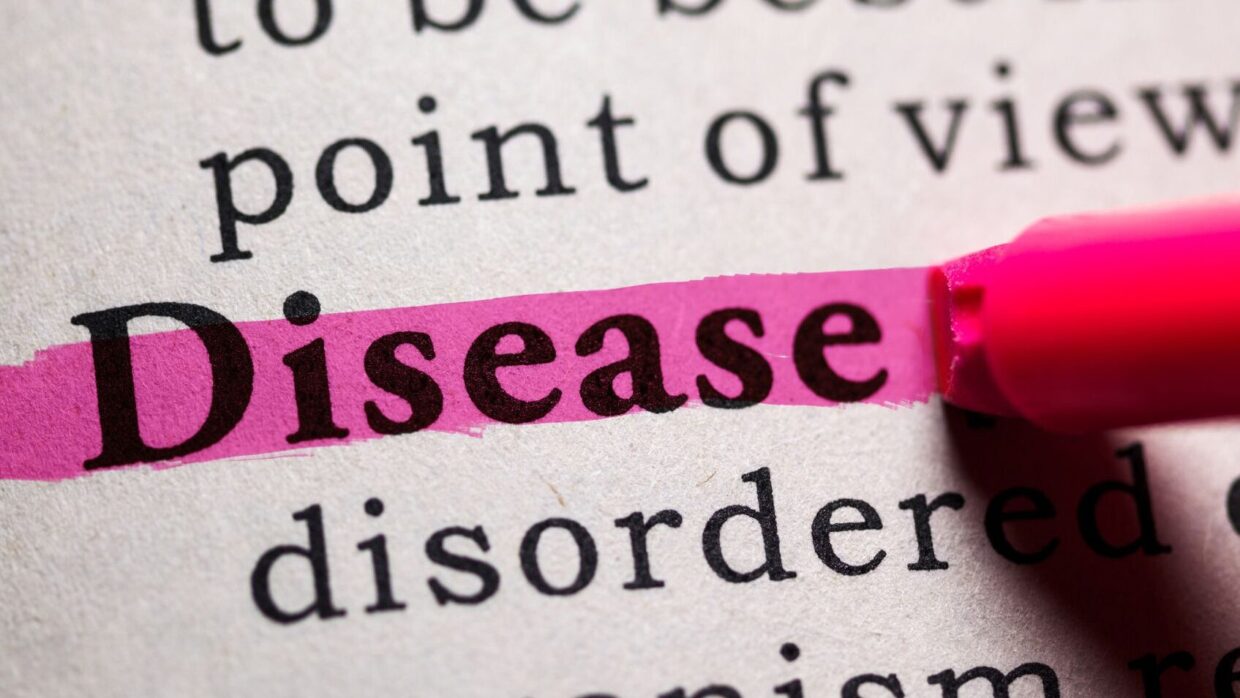Immunity is described as human body’s ability to fight against the diseases. The immune system is a defence mechanism against microorganisms including viruses and bacteria that cause diseases. In healthy people, the immune system works normally and provides effective resistance to overcome the illness but sometimes its performance is not effective which is termed as weak immunity.
White blood cells or antibodies in human body are immune cells that fight the infection in the body. The white blood cells mostly do their job in healthy people, but certain procedures, conditions and medications affect their performance i.e. either they overreact to a small threat or they do a little to nothing in response to a real threat which could cause to more severe and frequent infections.

A weak immune system is dysfunctional immune system and people with weak immunity are described as immuno-compromised and they are more susceptible to disease. Weak immunity can be either Primary (by birth) or Acquired (developed at a later stage in life). A baseline blood test is sufficient to identify as to whether a person has a weak immune system depending on the number of antibodies lying in the typical range.
Factors causing Weak Immunity:
There are certain factors that cause weak immune system namely medication, health conditions, age and lifestyle.
1. Medication:
There are certain medicines that negatively affect the immune system namely immuno-suppressants, corticosteroids and TNF inhibitors.
2. Health Conditions:
Many health conditions can cause weakened immune system namely Diabetes, Cancer, HIV and AIDS, Rheumatoid Arthritis, Liver or Kidney disease, Blood Cancer, Obesity and Pregnancy.

3. Age:
Age impacts how well your immune system works. Among the newborns and young the immune system is in development phase and is not effective enough to fight off infection. Similarly, the immunity declines after mid-life.
A weakened immune system is an expected part of getting older, but there are things you can do to enhance your immune function, like getting adequate sleep, keeping active, and eating a nutritious diet.
4. Lifestyle:
An unhealthy lifestyle is also a major cause of weak immunity. Poor nutrition, unhealthy food, alcohol consumption, smoking, lack of exercise and inadequate sleep, all contribute to weak immune system.
Symptoms of Weak Immune System:
1. Digestion Issues:
Digestion issues like long lasting diarrhoea may imply weak immunity.

2. Slow healing of wounds:
If your wounds and cuts are taking longer than usual to heals, this may indicate weak immunity.

3. Long Sickness:
Amount of time required to recover from infections vary from person to person. A person taking too much time to recover from an infection, or the one who is sick most of the time, seems to have weak immune system.
4. Unusual Infections
People having less common and more severe bacterial or viral infections that most people don’t have, may have immune deficiency.

5. Recurrent and Chronic Infections:
A person may also have weak immunity if he is having recurrent infections that will not go away with typical treatments that are affective under usual circumstances.
Other factors include unexplained weight loss or lack of weight gain, and low white or red blood cell counts.
Common infections that the people with weak immunity can easily get are Pneumonia, Meningitis, Bronchitis and skin infections. These infections may recur with a high frequency. People with weak immunity are also vulnerable to the following disorders:
- Autoimmune disorders
- Inflammation of the internal organs
- Blood disorders or abnormalities, such as anaemia
- Digestion issues, including loss of appetite, diarrhea, and abdominal cramping
- growth and developmental delays in infants and children
Risks of having weak immunity:
Certain factors can increase risk of having weak immunity.
- Family history of immune deficiency and early mortality from infections
- Chronic Stress
- Autoimmune Disorder
- Medication taken to suppress immune function
- Undergoing Cancer Treatment
- Extended use of Corticosteroids
- Undergoing a transplant surgery
Precautions in case of Weak Immunity:
For the people having weak immune system, the first principle is prevention i.e. to keep oneself protected from exposure to viruses and bacteria causing serious illness. This can be in the form of wearing mask in public places and get vaccinated against viral infections.
1. Healthy Diet:
Maintaining healthy lifestyle like taking a nutritious diet is very beneficial for people with weak immunity. A dietitian or nutritionist can develop an ideal diet plan that will give you all the required nutrients that will boost your immunity along with keeping your gut and liver healthy. For people with a weak immune system, doctors generally recommend a diet that is rich in vegetables and fruit, which will provide plenty of nutrients.
2. Regular Exercise:
Exercising regularly is also proved very effective for improvement in immune system. Regular exercise is pivotal to maintaining a healthy body that can fight the disease effectively. In addition to strengthening your body, the physical exercise causes release of endorphins that reduces stress levels. However; too hard exercise for people with weak immunity can be counterproductive as this may weaken the immune system further. Regular and low intensity exercises are quite beneficial.
3. Mental Health:
Staying away from stress and anxiety is also very important for the immune system to work effectively and efficiently. Stress can weaken the immune system and make the person more susceptible to the illness. Therefore, people with weak immunity should take measures to reduce and manage their stress that include Yoga, meditation, massage, spending time in pursuing healthy hobbies and spending time with family and friends who can offer support.
4. Supplements:
Taking supplements that not only includes Vitamins, but also Iron, Folic Acid and Zinc improves the immunity. These supplements will not prevent or cure a disease but build the capacity to fight the disease. It’s better to take these nutrients through dietary sources but if there are certain limitations, supplements can help improve the immunity.
5. Hygienic Food:
Cook your food properly to avoid food related diseases in the same way ensure your water is clean and safe to save yourself from waterborne illness.
6. Hands Hygiene:
Keeping yourself clean by washing hands with soap and water quite often.
7. Avoiding Infections:
Viruses and other infectious diseases contagious through close contact. They can also spread through airborne particles through cough or sneeze. Of course it is not always possible to avoid people who are ill. However, a person with a weak immune system should always avoid close contact, such as hugging or kissing, with a person who is sick until the disease is cured. They should also avoid sharing food with the sick person. They may also want to consider taking extra precautions to avoid contracting infections in public spaces, such as by wearing a face mask.
8. Proper Sleep:
Taking proper sleep is essential because sleep deprivation has the same negative impact on the body’s immune system as stress. Lack of sleep badly affects the production of white blood cells which is a crucial component in body’s immune system. For adults, 7 to 8 hours sleep per day is ideal while infants and children need 8 to 16 hours sleep depending on their age.
9. Vaccination:
Keep yourself vaccinated against all the common viral as well as bacterial infections. Person having weak immunity specifically, should follow his doctor’s advice on vaccines.
10. Proper Sanitation
Ensuring that your home environment is clean and sanitised. Germs that can cause illnesses are present on some commonly used items in the home, such as doorknobs and remote controls. Therefore, you can reduce the number of germs that inhabit these areas and objects by disinfecting them regularly.
In conclusion, the immune system is a complex system of blood cells and organs, and it protects the body from viruses and bacteria that can cause various diseases. On the other hand, if a person is having frequent infections and that they are taking long time to go away, they might have a weak immune system.
For this reason, a person with a weak immune system can take some measures at home to maintain their health and maximise their immune function and lead a healthy and quality life.





Istanbul Archaeology Museums tour The city tour was simply perfect! https://kokteli.hr/?p=10975
Bosphorus dinner cruise Great for groups of friends traveling together. https://bcrelx.com/?p=287954